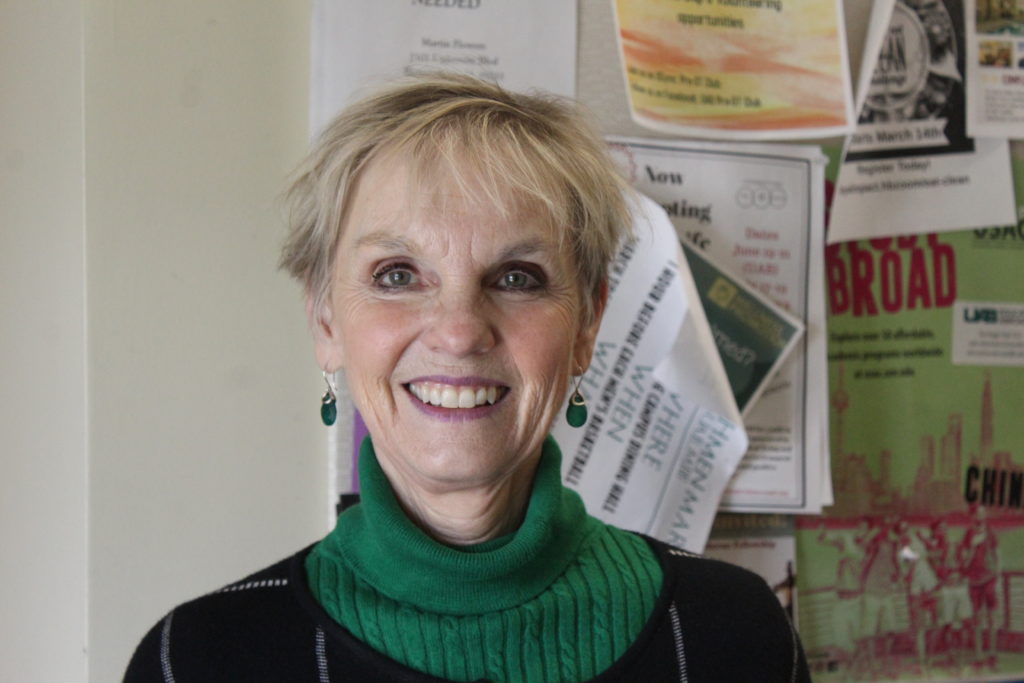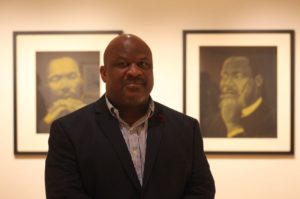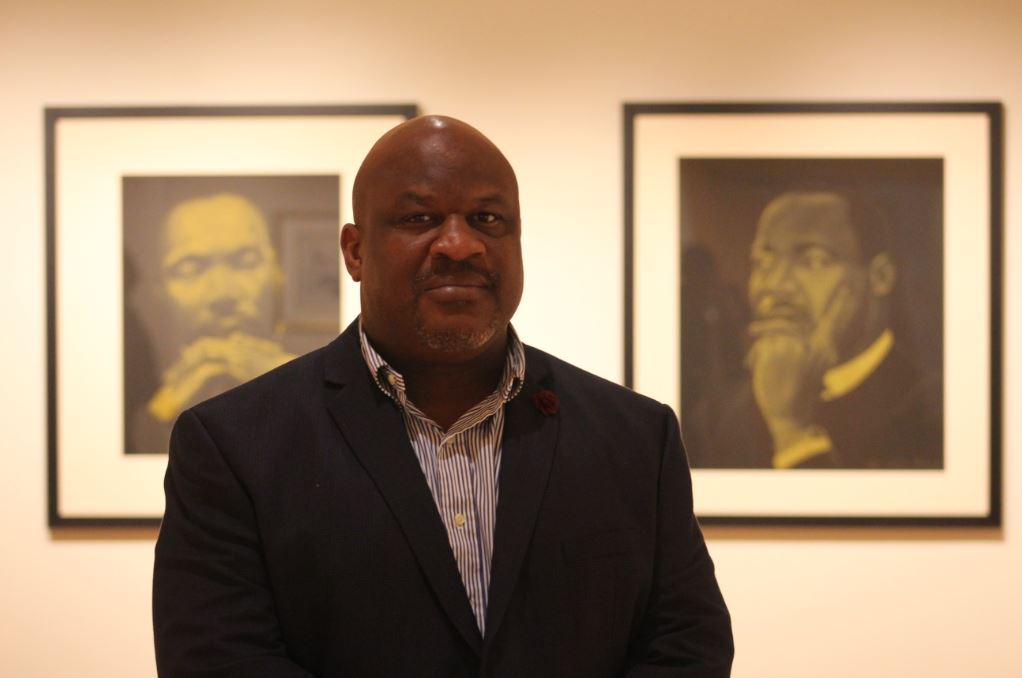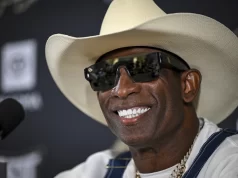By Erica Wright
The Birmingham Times
Fifty years after the Rev. Dr. Martin Luther King Jr.’s life and light were extinguished, his legacy still resonates around the globe, across America—and particularly in Birmingham.
At 6:01 p.m. on Thursday, April 4, 1968, King was assassinated while standing on a balcony outside his second-floor room at the Lorraine Motel in Memphis, Tenn. He was in the city to support a sanitation workers’ strike and was on his way to dinner when a bullet struck him; he was pronounced dead after his arrival at a local hospital. He was 39 years old.
King and Birmingham are intertwined on the city’s hallowed grounds of Civil Rights history. It’s here where children marching for equal rights were jailed; where protesters were brutalized by police, who attacked them with dogs and fire hoses; where four little girls died in a church bombing.

During the Birmingham Campaign in 1963, King—along with James Bevel, Director of Direct Action and of Nonviolent Education of the Southern Christian Leadership Conference (SCLC); the Rev. Fred L. Shuttlesworth, founder of the Alabama Christian Movement for Human Rights (ACMHR), and many others who are now considered Civil Rights era icons—stood as a force against the municipal government to dismantle the city’s discrimination laws.
University of Alabama at Birmingham (UAB) history professor Pamela King, who specializes in studies related to the city, Jim Crow, and the Civil Rights Movement, said, “In Birmingham … he [King] articulated the immorality of tolerating racism. He articulated that unless you get rid of it, you are the problem.”
“His dream is still here,” she said. “I think when he was killed, whether you liked him or didn’t like him or thought he was too moderate, the wind went out of the sails on that whole era.”
A half century after King’s assassination, Birmingham is a multicultural hub for financial, commerce, and medical operations. Richard Arrington, elected in 1979, served an unprecedented 20 years as the city’s first African-American mayor and during his tenure single-handedly fronted a campaign for regeneration.
Downtown Birmingham is bustling with new businesses, apartments, bistros, bars, and microbreweries. Attractions like Regions Field, Vulcan Park and Museum, and Railroad Park are frequented by residents and visitors alike.
“The way that Railroad Park exists today, you couldn’t have imagined that in 1968,” said Barry McNealy, education program consultant at the Birmingham Civil Rights Institute (BCRI). “[A place] where people have a green space in the middle of the city; [a place] where they come together [of all races] and exercise, watch concerts, and get something to eat—those things just weren’t possible in 1968 Birmingham.”
Prof. King, a daughter of Civil Rights activists, moved to Birmingham in 1967, just a year before the Rev. Dr. Martin Luther King’s assassination.
“I remember being at one of my best friend’s houses and hearing about his death on the radio,” she said. “I was shocked, sad, and afraid. I didn’t react to it because I knew my friend and her parents might say something horrible. My parents were activists, and as a young white girl you didn’t want your friends to know that because you would [become an outcast].”

Though she did not initially react to his death, she was mindful of the reactions of others and the scars the assassination left on Birmingham and the South.
“When he was [killed], there were a lot of riots around the country, but Birmingham was quiet,” she said. “The South felt the impact of his death the most because his brand of the Civil Rights Movement succeeded only in the South. I think because he was a Christian and a southerner, he understood what the movement was about, and his successes were in the Deep South. His [speeches] were good outside of the South and inspired the country, but because he had so much success in the South, once he was gone they felt it [strongly]. … His death created a vacuum that nobody has been able to fill since.”
McNealy noted that even though King’s assassination left a void that remains unfilled, the Civil Rights icon’s dream has manifested today.
“When I turn on the news and see coverage of the students at Marjory Stoneman Douglas High School in Florida, [I realize that] those young people feeling empowered to speak out [is] all part of his dream,” he said. “When I see minority groups throughout this country, the #MeToo movement [raising awareness about] women and sexual harassment and sexual assault, I tie all those things to the presence that the Rev. Dr. Martin Luther King was. He gave a voice to the voiceless. [For] people who felt like they didn’t have an opportunity to be heard, he allowed them to be heard.”
Associated Press contributed to this post.





